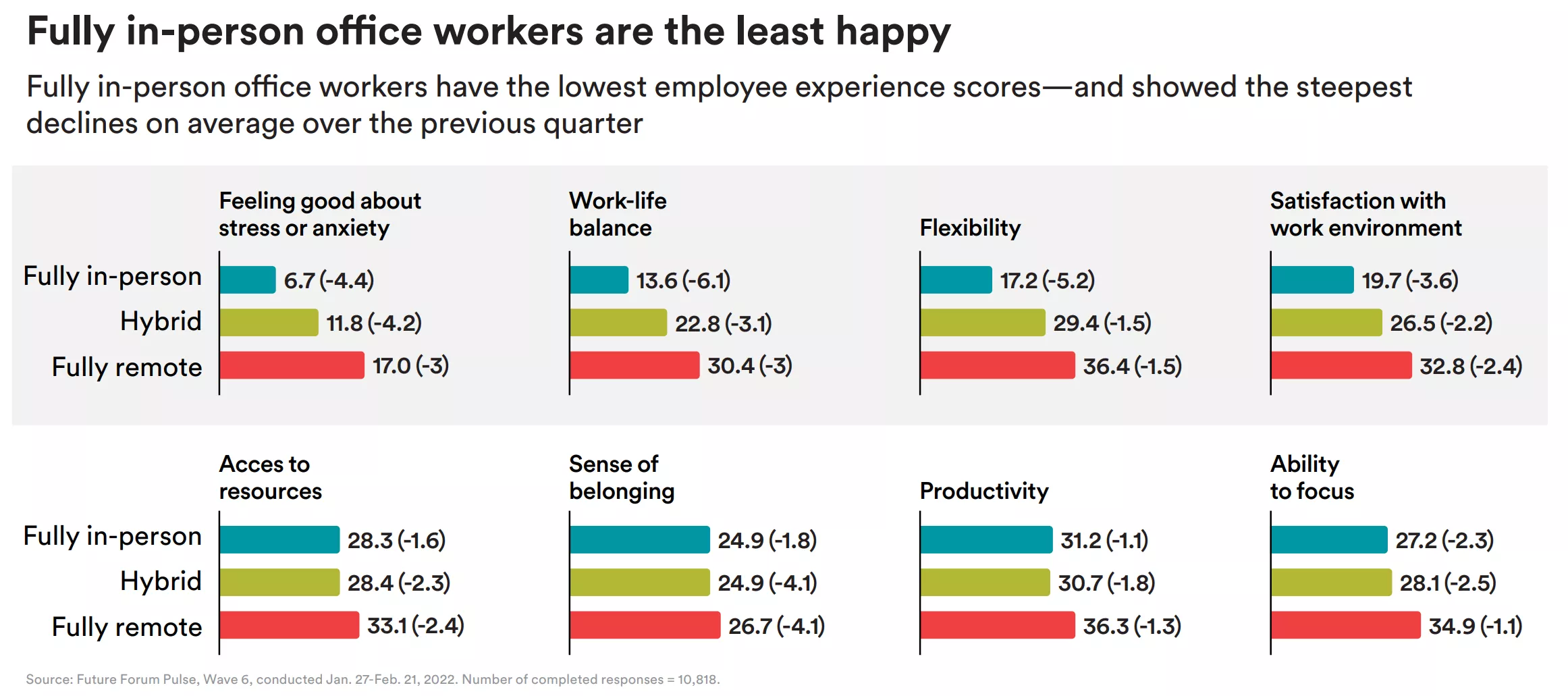A hot potato: Like the majority of big tech firms, Dell has implemented a return-to-office mandate in recent times. And while the company won't fire those who demand to fully remote, they will be punished in another way: no promotions or applying for new roles.

Starting in May, Dell employees will mostly be classified as either remote or hybrid, writes Business Insider. Hybrid workers must come into the office at least 39 days per quarter, which is the equivalent of about three days per week.
Dell is giving staff the option to stay working from home full time. That might sound enticing, but there are some major caveats. As per a memo seen by BI, the tradeoffs are that career advancement, including applying to new roles in the company, will require a team member to reclassify as "being hybrid onsite."
CEO Michael Dell had previously been one of the few tech bosses to advocate for remote work. "At Dell, we found no meaningful differences for team members working remotely or office-based even before the pandemic forced everyone home," he said in 2022.
Even before the pandemic, Dell was one of the best employers for fans of remote work, with 65% of staff working remotely at least one day per week prior to 2020. Its CEO futher criticized RTO policies on LinkedIn, writing "If you are counting on forced hours spent in a traditional office to create collaboration and provide a feeling of belonging within your organization, you're doing it wrong."
Unsurprisingly
It seems the company has changed its stance since then, telling BI that "in-person connections paired with a flexible approach are critical to drive innovation and value differentiation."
Dell's transition away from WFH began in early 2023 when it started demanding workers who live within an hour's commute to the closest company office start coming back in for three days per week.
Dell workers are as frustrated at the new RTO policy as they were back in early 2023. "We're being forced into a position where either we're going to be staying as the low man on the totem pole, first on the chopping block when it comes to workforce reduction, or we can be hybrid and go in multiple days a week, which really affects a lot of us," one said. Some staff said it is impossible for them to get into the office, meaning they are trapped in a remote position with no prospects.
BI writes that it viewed a promotion offer to a long-serving remote Dell worker that said he would have to move state to be near an approved site and start coming into the office in order to accept it.
As was the case last year, some workers believe the latest RTO policy is simply a way of forcing employees to quit, meaning Dell doesn't have to pay severance. The company eliminated about 6,600 jobs, or around five percent of its global workforce, last year as its PC sales struggled.
Dell isn't the only company punishing remote workers this way. In May 2023, IBM CEO Arvind Krishna said some remote staff may struggle to get promoted or advance their careers.
https://www.techspot.com/news/102313-cost-staying-remote-dell-no-promotions-or-job.html
